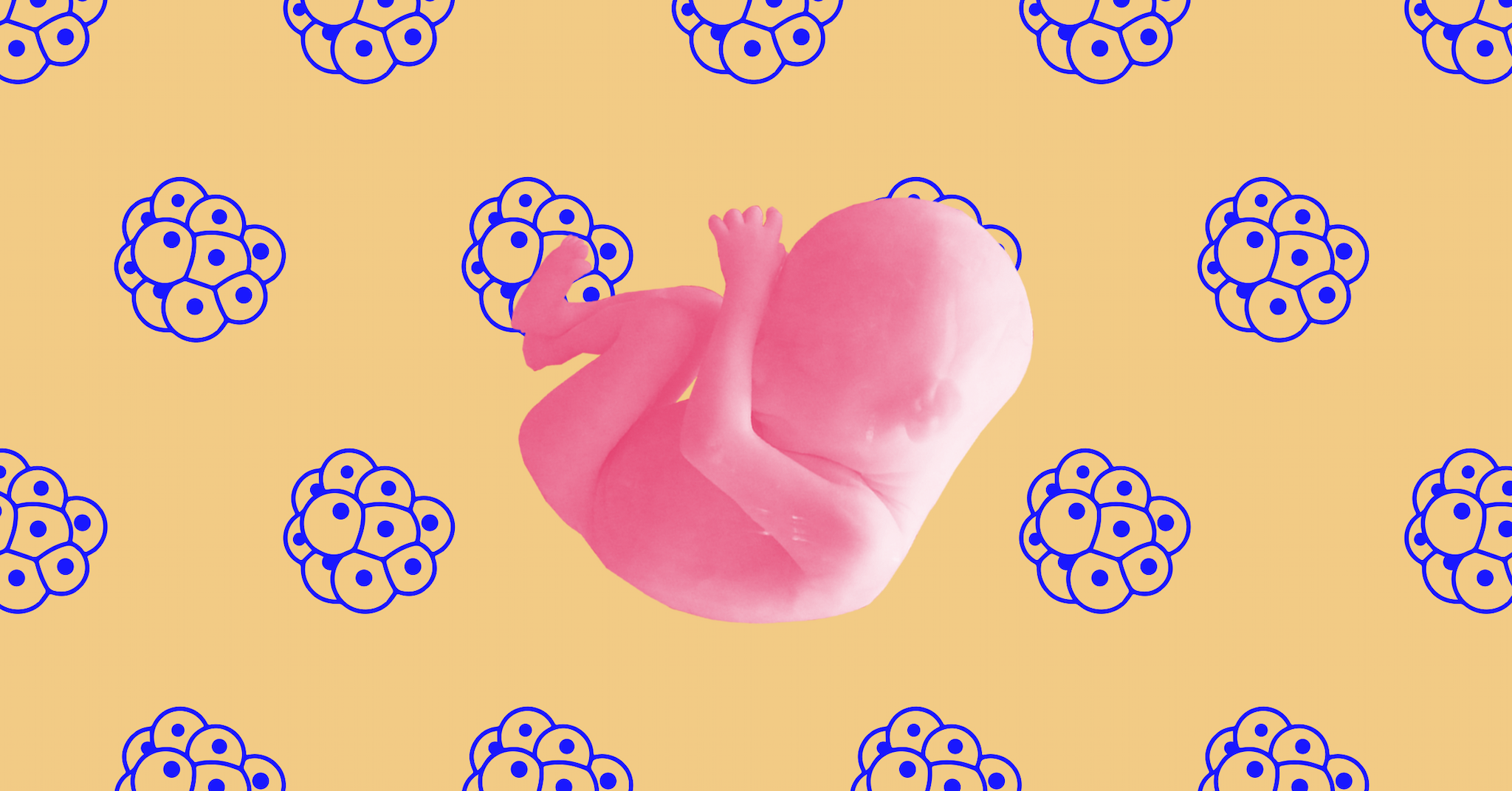Statistically, baby Elianna had little chance of survival. During an ultrasound, the doctor caring for Elianna's mother, Nichelle Obar, realized the woman's fetus suffered from a blood disorder called alpha thalassemia major. Usually, fetuses with the condition are stillborn or die shortly after birth.
But now, against the odds, Elianna is now at home with her parents in Hawaii. Elianna became the first patient in the world's first clinical trial in which doctors transplanted stem cells into a fetus. Four months after the procedure, Obar gave birth to a seemingly healthy baby girl.
Alpha thalassemia major is a genetic disorder that prevents the blood from producing enough of the protein hemoglobin. Without it, red blood cells can't effectively carry oxygen to the body's cells. Fetuses with alpha thalassemia major can experience life-threatening swelling, severe anemia, enlarged organs, and a host of other health problems.
Traditionally, doctors give fetuses with alpha thalassemia major blood transfusions in utero starting in the second semester of pregnancy. If those work and the baby survives, those transfusions continue for the rest of its life. Alternatively, the baby could undergo a bone-marrow transplant (in which doctors pull the stem cells from a donor's bone marrow) at some point during their childhood. That's the only thing that can cure alpha thalassemia major, but it's difficult to match patients with a donor, and the procedure is risky.
In Elianna's case, doctors at UCSF Benioff Children’s Hospital San Francisco started with the standard in utero blood transfusions. But one of those transfusions contained a little something extra: blood stem cells extracted from her mother's bone marrow.
"[T]he hope is that they will go to the bone marrow, and give rise to good red blood cells that can then carry oxygen and treat the anemia that the fetus is experiencing," said Tippi MacKenzie, the doctor who performed Elianna's transplant, in a video describing the procedure.
According to MacKenzie, doctors can use stem cell transplants to treat babies born with alpha thalassemia major, but waiting until birth comes with added complications.
"If you do the stem cell transplant after birth, you have to to give the baby a lot of toxic medicines to make room in the bone marrow, and that can cause diseases on its own," she said. Because a fetus is more tolerant of its mother's cells than a living baby, doctors can conduct the transplant without worrying about the recipient's immune system rejecting the treatment.
So far, the in utero stem cell treatment approach seems to be a success. Elianna was born during the pregnancy's 37 week — just three weeks shy of full term — and was just slightly underweight (5 pounds). All signs point to her being a healthy baby girl, but it's still too early to tell if the stem cell treatment cured her of her alpha thalassemia major.
If it did, the treatment could save future children from a lifetime of living with a chronic disorder and countless parents from experiencing the loss of a child before he or she is even born.
Share This Article
